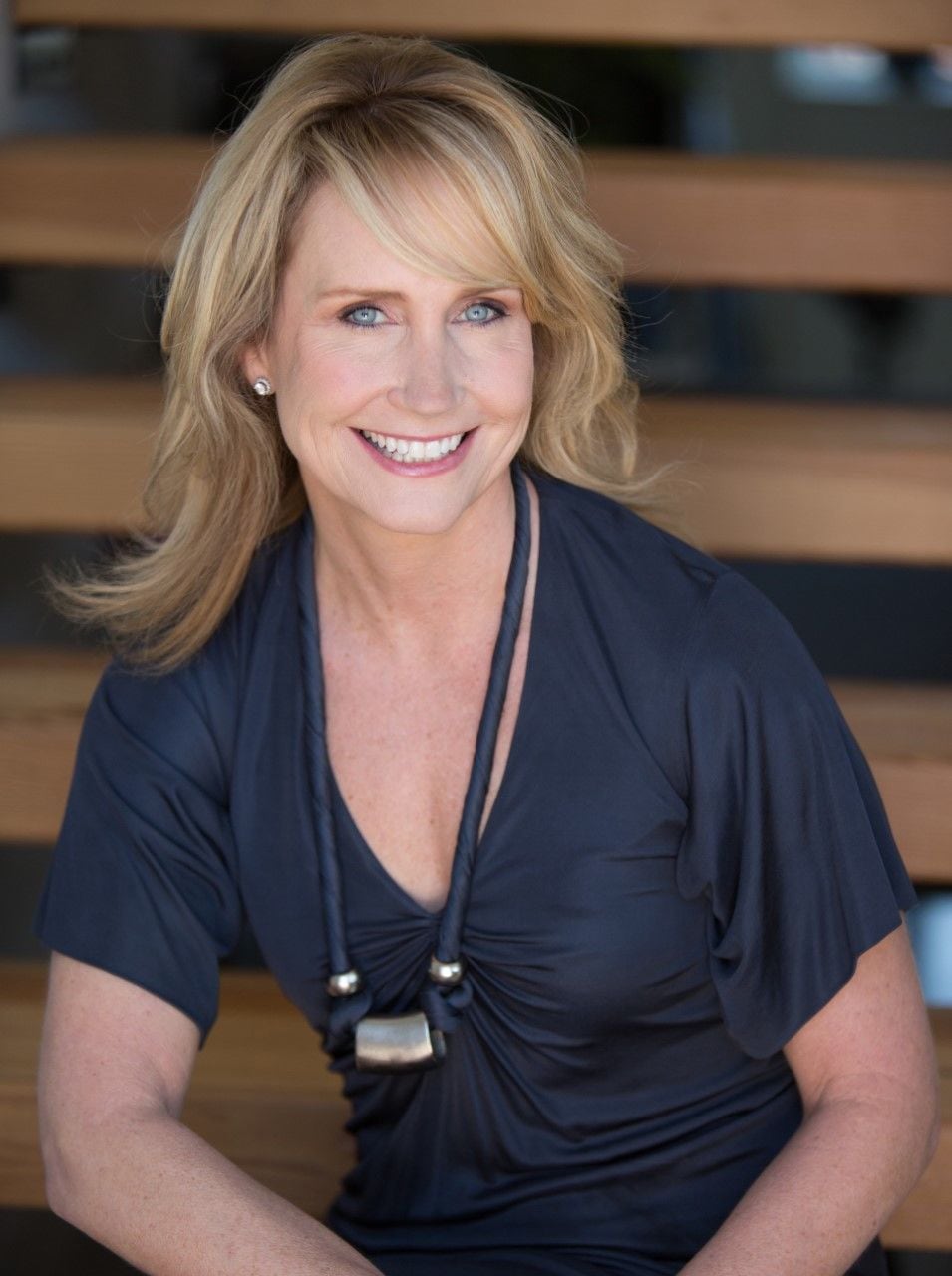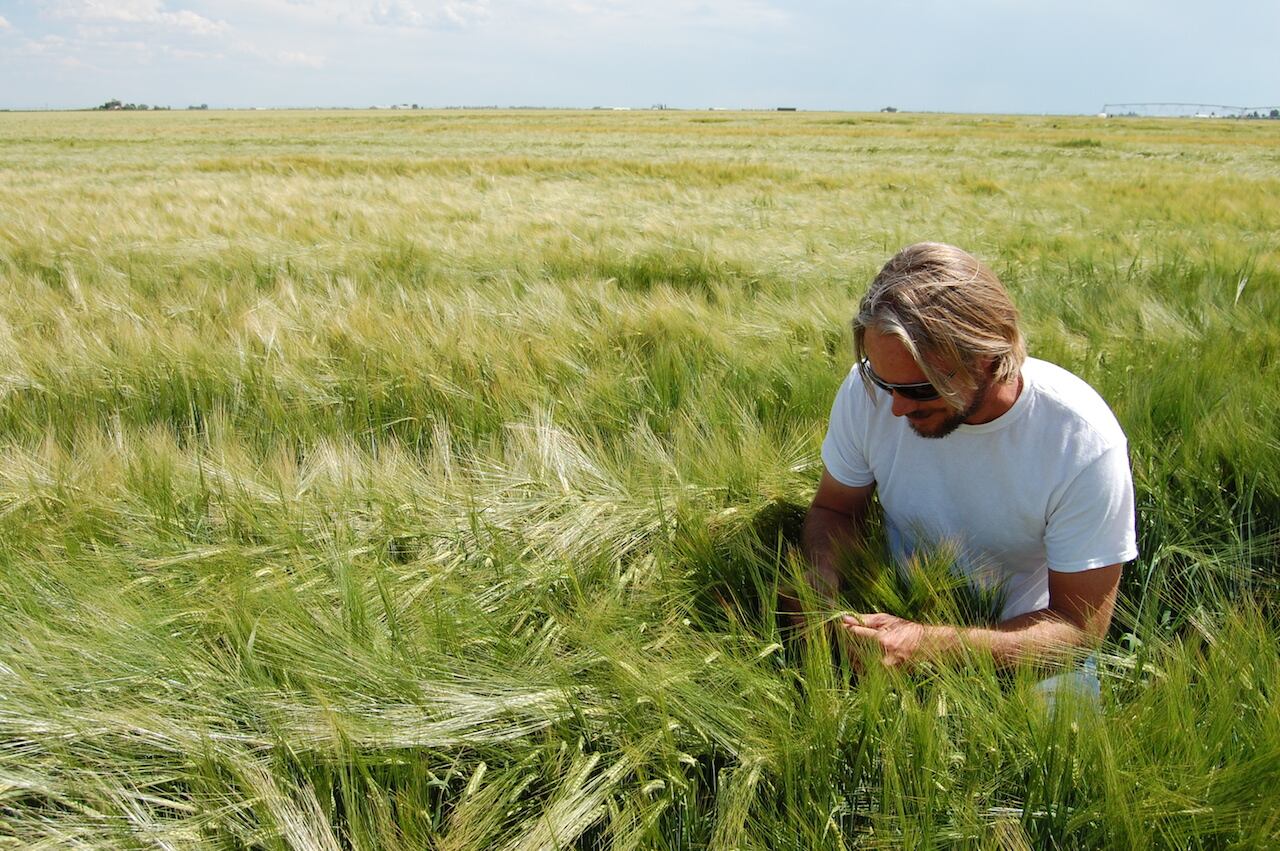Molson Coors is one of the largest brewers in the world (coming in behind other heavyweights such as AB InBev, Heineken, Carlsberg and China Resources Brewery) with a portfolio of brands including Coors Light, Carling, Blue/Belgian Moon and Miller Lite.
Last year the company set out a series of targets for 2025: such as improving water efficiency to reach a 2.8hl/hl water-to-beer ratio; reducing carbon emissions by 50%; achieving zero waste to landfill and offering low and no alcohol choices wherever it operates.
Beer drinkers do care
Like other companies across F&B, Molson Coors notes that drinkers are becoming increasingly concerned about where what they eat and drink comes from.

“Our research shows that beer consumers increasingly care that companies act in a socially responsible way, whether it be through sustainability actions, community involvement or desirable employment practices,” Kim Marotta, MCBC Global Senior Director of Corporate Responsibility, told BeverageDaily.
“They want to be associated with a brand that shares their same values for sustainability and corporate responsibility more generally.
"Our challenge is to create awareness with our beer consumers and help them understand and appreciate our commitment to the environment and our communities.”
Marotta, who has been working in the beer industry since 2004, also highlights the importance of understanding what – exactly - is relevant to drinkers.
“While our company is committed to a broad range of sustainability targets, our brands focus on those areas that are authentic to them. We ensure that the platform is aligned with the brand identity and embedded in its core activities.
"We listen and respond to the values of our consumers and then develop awareness for what we already do to establish trust and credibility.”
Molson Coors 2025 targets (with 2018 progress report in brackets)
- Partner with other alcohol producers to achieve 10% reduction globally in harmful alcohol use (in progress)
- Deliver nutritional information, alcohol serving facts and ingredients for all products (Now on 96 product labels and 248 product websites)
- Low- and no-alcohol choices in all countries where Molson Coors has brewing and selling operations (Now in 14 countries)
- Improve water-use efficiency in its primary breweries to achieve a 2.8 hl/hl water-to-beer ratio (Now at 3.57 hl/hl)
- Reduce carbon emissions across operations by 50%, and throughout the value chain by 20% (Emissions reduced by 15% in operations and 6.2% in value chain)
- Achieve zero waste to landfill at all its brewing and major manufacturing facilities (Achieved in 14 facilities)
- 100% of barley and hops sourced from sustainable suppliers in key growing regions (in progress)
- Ethical and sustainable supply chain practices (in progress)
Full details in Molson Coors' Beer Print 2018 report
Molson Coors runs brand-led initiatives such as the Coors Light Líderes and the MillerCoors Business and Beer programs in the US.
Coors Light Líderes recognizes 12 Latino leaders that are making an impact in their community, with one leader awarded $25,000 to invest in a community program after a public vote. Meanwhile, The MillerCoors Business and Beer program is focused on economic impact, providing a platform for small businesses to connect and learn key insights from top business leaders through panel discussions and networking events at bars across the country.
In the UK last year, Carling launched a nationwide 'Your Pint Can' campaign in partnership with pub chain Wetherspoon. The campaign asks locals to nominate projects that mean something to the area they live in – such as funding a new football pitch or painting the village hall.
The biggest challenges?
Molson Coors highlights the progress it has made towards its 2025 targets. For example, it has reduced carbon emissions by 15% in its operations as it works towards its 50% 2025 goal; and improving health and safety in the workplace with a 15% reduction in lost time accident rate, heading towards 40%.
Marotta says that – as in many aspects of business – creating a culture of change can be the greatest challenge.
“The greatest challenge to reaching Our Beer Print 2025 targets is the same one faced by every industry that seeks to innovate: influencing change across the organization.
"But in order to improve, we must embrace changes – new ways of thinking and tackling problems, new ways of delivering our products -these innovations will look different and will challenge the way we’ve always done things.
"Changing the way industry has operated for decades is always a challenge. But we’re committed to doing it, and encouraging our peers, partners, and every member of our company, to follow suit.”

Better together
The enormity of the challenges require all stakeholders to work together, said Marotta: whether it’s with other brewers or stakeholders across the supply chain.
“Our framework and imperatives are designed to address the footprint of our business, but we’re also firm in our belief that no one company or organization can achieve them alone – partnership is central,” she said.
An illustration is the increasing global importance of access to clean water is of increasing global importance.
“At Molson Coors, we recognize that achieving sustainable supplies is not something that we can do on our own. It requires a concerted effort and the adoption of best practice across the entire industries.
Water conservation
Molson Coors is targeting a 2.8 water-to-beer ratio by 2025. This will mean savings of 2.1 billion gallons of water: equivalent to the total water used each day by nearly 24 million people in the US; and energy savings of over 630,000,000 kWh – enough energy to run every domestic washing machine in the United States for a year.
“That’s why we partner with local, national and international organizations, including major non-profits, companies, agricultural producers and environmental foundations, to work collectively on watershed issues. California Water Action Collaborative (CWAC) is an example of a local partnership working on the ground to protect and enhance California’s water resources.
“We are also active in many cross-industry working groups, such as the Beverage Industry Environmental Roundtable (BIER), to collaborate and share best practices, as well as benchmark and develop guidance documents to advance environmental sustainability within the industry.
"By taking collective action, we can help protect water supplies, improve water quality and preserve resources for everyone.”
Molson Coors is also a member of the International Alliance for Responsible Drinking (IARD): a collaborative industry body which represents the 11 largest global brewers, distillers and vintners, working towards a 10% reduction in harmful use of alcohol by 2025.
